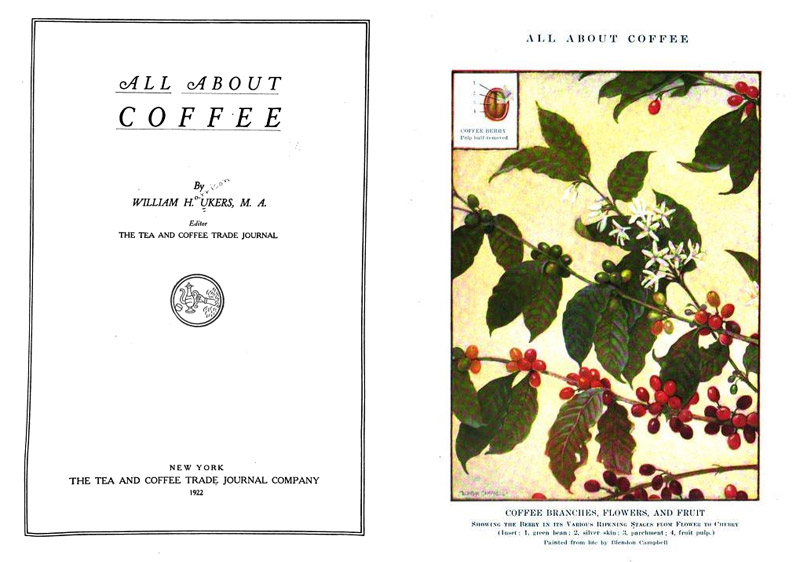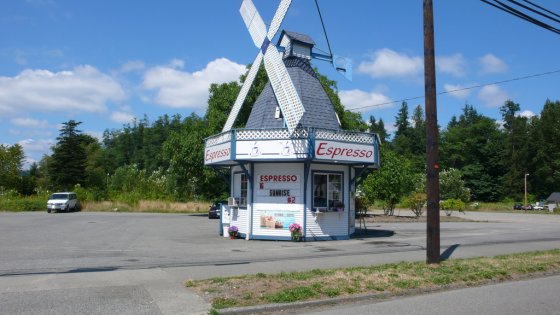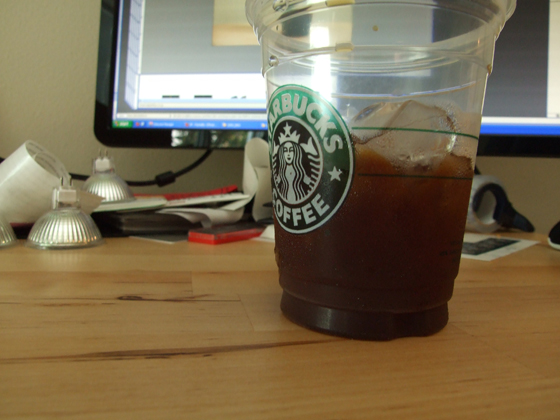There are also episodes for espresso and cappuccinos – all made by The Department of the 4th Dimension.
Tag: Coffee
Since picking up a pour-over coffee hobby, my kitchen is starting to look more like a chemistry lab with different types of filters, decanters, and other glass contraptions strewn about. As with most hobbies, this is just a slippery slope to more elaborate things and I suspect fancy siphon systems with beam heaters will be next in my future.
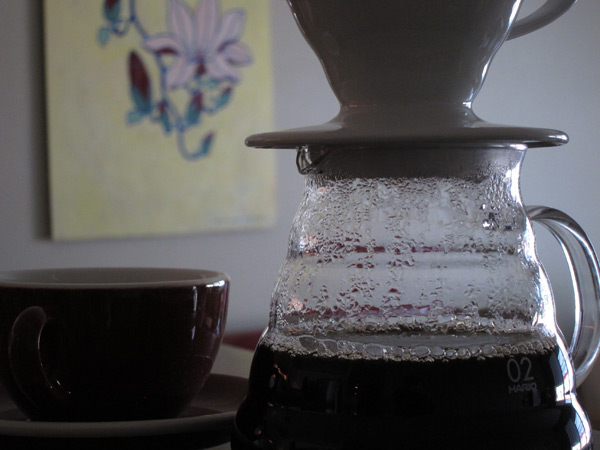
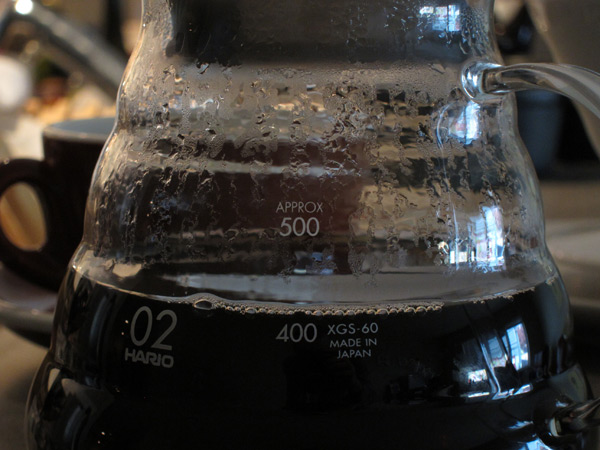
Over the past two years, Starbucks has been slowly rolling out Clover coffee machines to its stores nationwide. Before they purchased the company that made them, the little machines sold for $11k each, and they produce only one cup of coffee at a time through a fancy vacuum method that’s always fun to watch.

The coffee it produces is pretty good (it will taste similar to what a french press can produce), and I’ve been enjoying the small specialty batches of roasted beans that Starbucks has been making just for it – if your local Starbucks has it, try the Kona blend.
Further reading: Tasting the Future of Starbucks Coffee From a New Machine
This interesting photo came up on one of the blogs for the Seattle Times today.
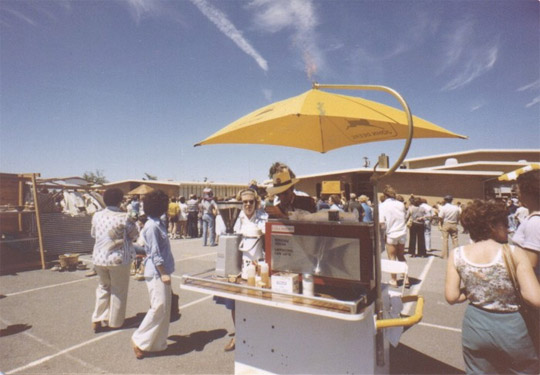
Taken in 1979, it supposedly shows the first espresso cart in the U.S.
For the coffee snobs, here is a remarkable book on the subject of the drink written in 1922. Topics include its history in different regions from the time, coffee preparation and techniques, chemistry, and industry information. Despite its age, much of the knowledge is still current.
Civilization in its onward march has produced only three important non-alcoholic beverages — the extract of the tea plant, the extract of the cocoa bean, and the extract of the coffee bean.
Leaves and beans — these are the vegetable sources of the world’s favorite nonalcoholic table-beverages. Of the two, the tea leaves lead in total amount consumed; the coffee beans are second; and the cocoa beans are a distant third, although advancing steadily. But in international commerce the coffee beans occupy a far more important position than either of the others, being imported into non-producing countries to twice the extent of the tea leaves. All three enjoy a world-wide consumption, although not to the same extent in every nation; but where either the coffee bean or the tea leaf has established itself in a given country, the other gets comparatively little attention, and usually has great difficulty in making any advance. The cocoa bean, on the other hand, has not risen to the position of popular favorite in any important consuming country, and so has not aroused the serious opposition of its two rivals.
Coffee is universal in its appeal. All nations do it homage. It has become recognized as a human necessity. It is no longer a luxury or an indulgence; it is a corollary of human energy and human efficiency. People love coffee because of its two-fold effect — the pleasurable sensation and the increased efficiency it produces.
Going into Christmas my work days become longer and my time available to do other things, like prepare coffee, disappears. Starbucks developed a great new instant coffee for people like me which they’re calling VIA, and unlike other instant coffees it actually tastes good (I would say that it’s even better than their regular drip coffee that they serve in their stores).
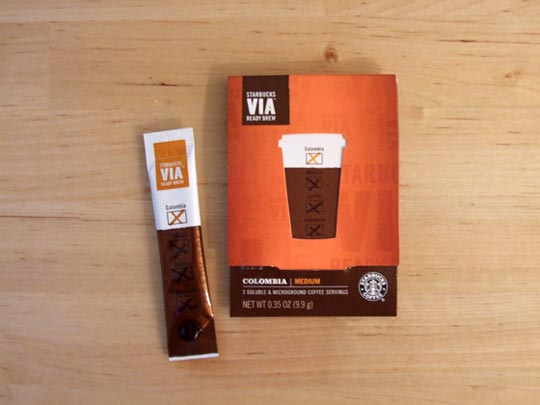
If you’re someplace where good coffee is not easily prepared or are on the go like me, give this stuff a shot. Packets of three are available for $3, and boxes of 12 for $10.
If you’ve ever driven through the Pacific Northwest, you might have noticed the ubiquitous coffee stands that dot the highways and towns. These are usually pretty popular in their respective areas (some for particular reasons), and we even have a book on it. Images from flickr.
Besides beer, this is probably the best summer drink that you can have. Just pour the shots directly over the ice and nurse on it for an hour or so. This brings out more of the flavors while removing some of the bitterness.
